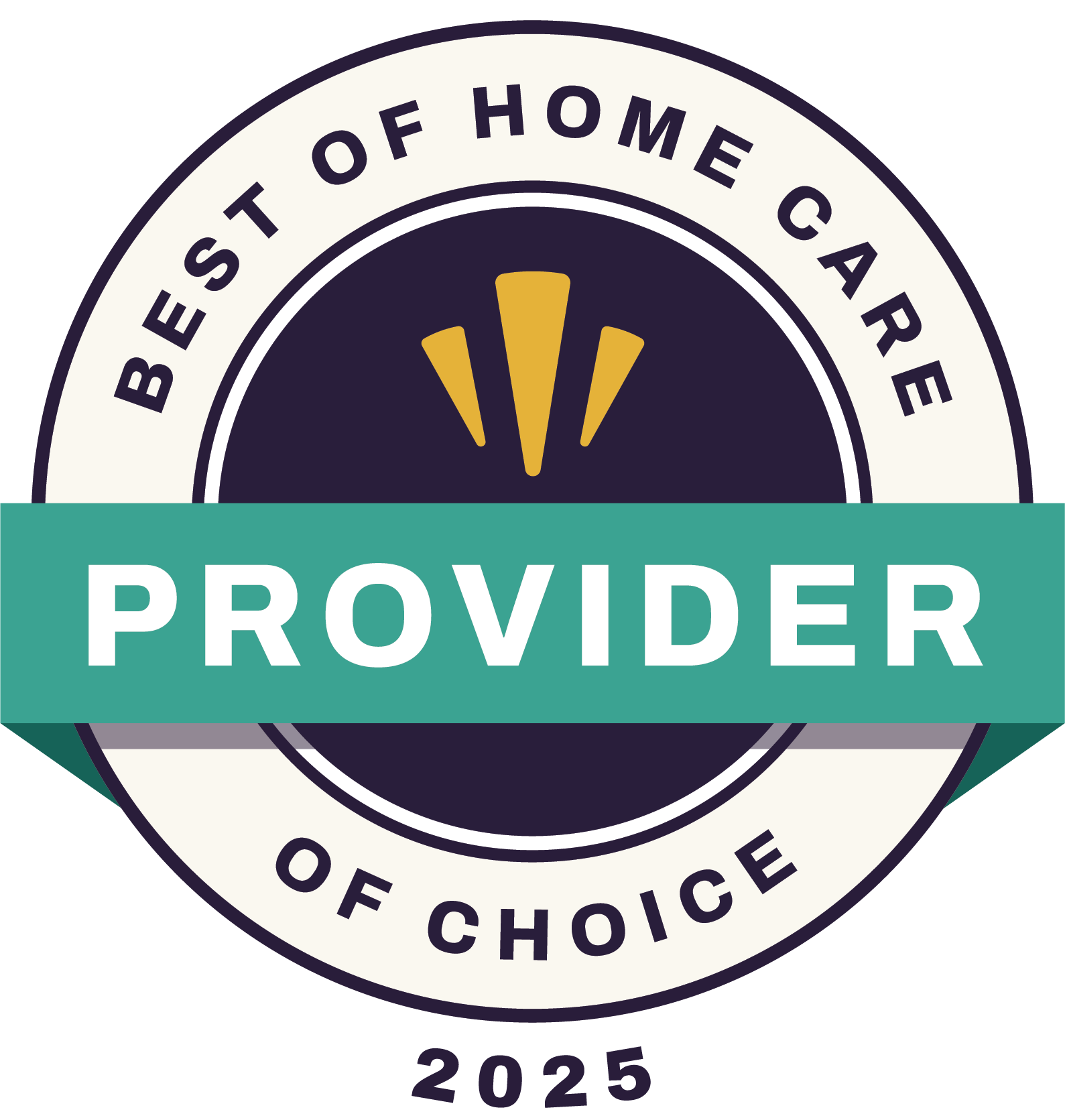Home Care vs. Assisted Living—Why Staying at Home Is Often Preferred
Aging often comes with difficulties in mobility and a decline in cognition. Many older people eventually choose to move into a facility, but home care is a good alternative for seniors and their families. Working out the right course of action for your loved one can be difficult and emotionally overwhelming, but here are some things to consider when choosing home care vs. assisted living:
Understanding the Difference
Home care is personalized care in seniors' homes. Trained home health aides and caregivers will visit for a set period to assist with daily activities, meal preparation, shopping, and more.
Assisted living is community-style housing with shared services. Depending on the level of care needed, home care is usually more affordable, offers greater independence, and allows seniors to remain in their neighborhoods. Lonely elders may prefer communal living, while those with highly complex needs benefit from having medical staff readily available under the same roof.
The Benefits of Home Care for Seniors
Staying at home provides several benefits for elderly people. These include:
-
Comfort and familiarity. Staying at home can slow cognitive decline by keeping seniors in familiar surroundings. If somebody has a lot of friends in their neighborhood, home care can help them stay in touch.
-
Personalized care. With a caregiver in the home, the client receives undivided attention and personalized care that suits their needs and personality. In assisted living, you or your loved one share care with others and may interact with multiple caregivers, making it harder to build strong relationships.
-
Flexibility. You can arrange home care for a few hours a day or even 24/7, depending on what works best for you.
What Support Home Health Aides Provide
Home caregivers are not typically medical professionals, but are trained to know when to call one in. They provide various services, including specialized care for dementia, Parkinson’s, diabetes, and hospice support.
Home caregivers can also assist with the same tasks as those provided in assisted living, including:
-
Mobility assistance
-
Bathing, dressing, and grooming
-
Meal preparation and feeding
-
Toileting and incontinence care
-
Bed positioning and transferring
-
Managing seniors' medication
-
Monitoring vital signs
-
Providing companionship and social interaction
-
Shopping
-
Light housekeeping
-
Laundry
-
Transportation to appointments or social events
Home care also provides regular RN assessments and, if needed, physical, occupational, speech, and respiratory therapy. Seniors can get everything they need without having to go to a facility.
Safety and Health Considerations
In some cases, seniors needing 24/7 supervision may be safer in assisted living. However, staying at home helps seniors avoid infections and illnesses, such as COVID-19 and norovirus, commonly found in shared living spaces. If your loved one has a compromised immune system, keeping them home as long as possible can help.
Home care can provide personalized fall prevention and mobility support for seniors, including advice on improving the home to reduce the risk of falls. Caregivers can also assist with medication management and daily health monitoring and recognize when to seek additional medical support.
Maintaining Independence and Daily Routines
Home care allows seniors to feel more independent and keep their normal routines as long as possible. Our caregivers can also support these routines, such as accompanying seniors on their daily walks.
Seniors living at home can choose their meals, schedules, and social activities. In an assisted living center, meals follow a set menu and are served at scheduled times. Social activities are also arranged, and while some seniors enjoy this, those with an established social life may not want to start over. A home aide can assist with daily tasks.
Family Involvement and Emotional Well-Being
Finding a quality facility close to family and friends isn't always possible. Some may also have pet restrictions, making separation from a beloved dog or cat as difficult as being apart from a loved one.
Leaving home can take an emotional toll on seniors, negatively affecting their mental health and potentially speeding up cognitive decline. Home care allows seniors to stay near loved ones and remain in familiar surroundings.
When Assisted Living May Be a Better Option
Assisted living might be a better option for some seniors or they may prefer moving to a community. Two indicators that this might be the case are:
-
24/7 supervision is needed. A facility may provide easier management than 24/7 home care (though that is always an option). Additionally, some seniors with complex needs require close access to an RN or other medical professionals.
-
They are already far from family and feeling lonely. Seniors who have lost touch with friends or moved away may appreciate the social interaction and support of a facility setting.
Deciding what’s best for seniors involves discussing options with them and their care team while considering these and other factors.
How to Get Started With Home Care Services for Seniors
If you decide to get home care services for seniors, Elite Home Health Care can help. Our team will start with an assessment to determine your loved one's needs and create a personalized care plan that considers your needs, preferences, and budget. We thoughtfully match seniors with caregivers who can meet their needs and align with their preferences. Additionally, we have caregivers who speak multiple languages.
Contact us at Elite Home Health Care today for more information.
Written by: Leah Ganz
Leah Ganz, RN, BSN is the Director of Patient Services at Elite Home Health Care. She has an extensive background in homecare and previously worked in various specialties including pediatrics, pain management and internal medicine. She oversees all patient services across Elite's departments.



